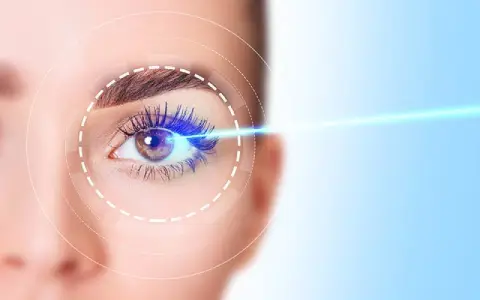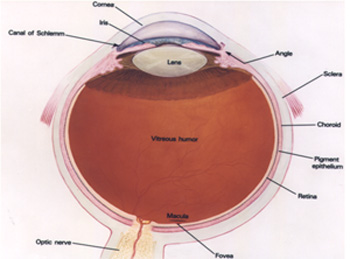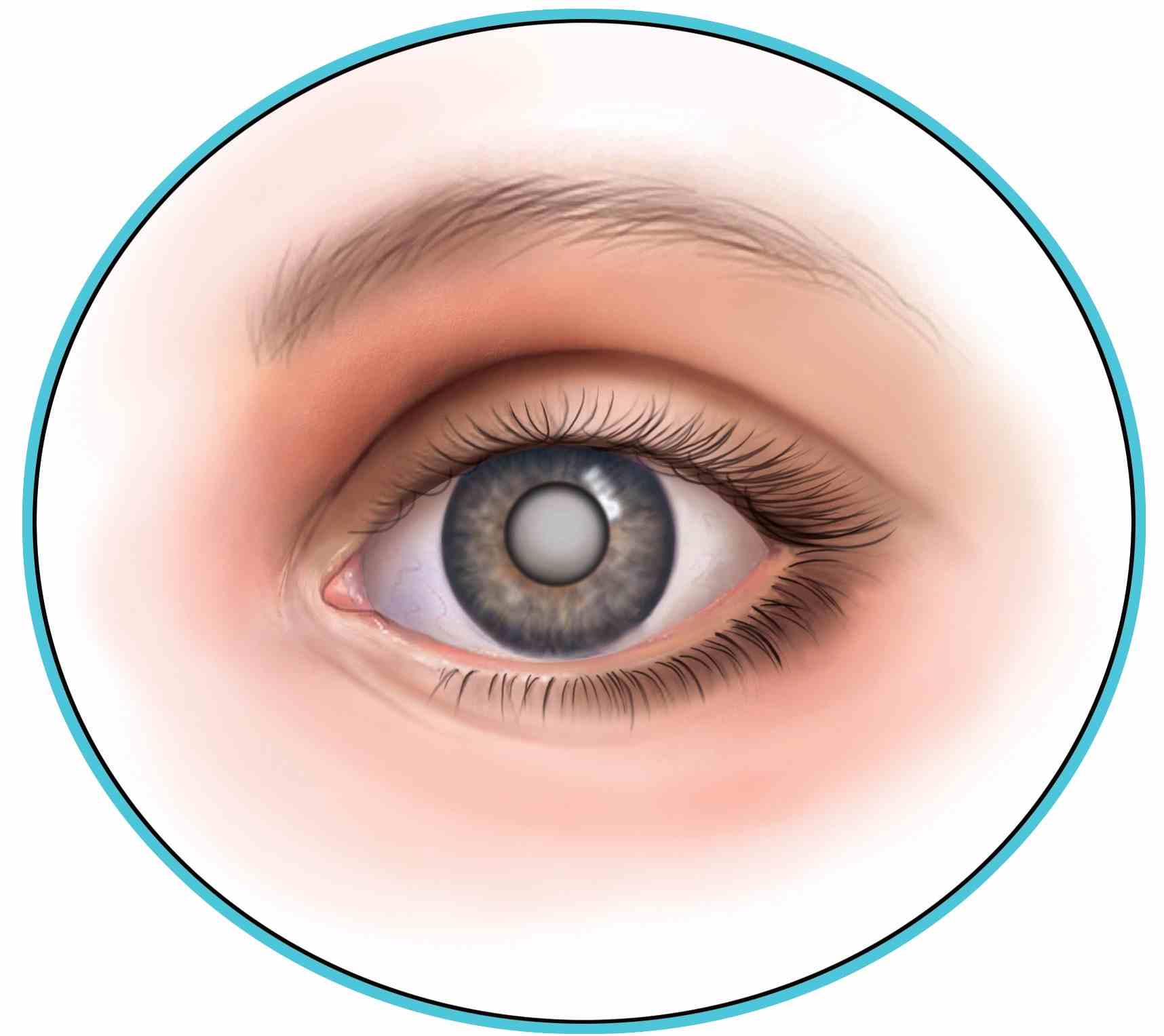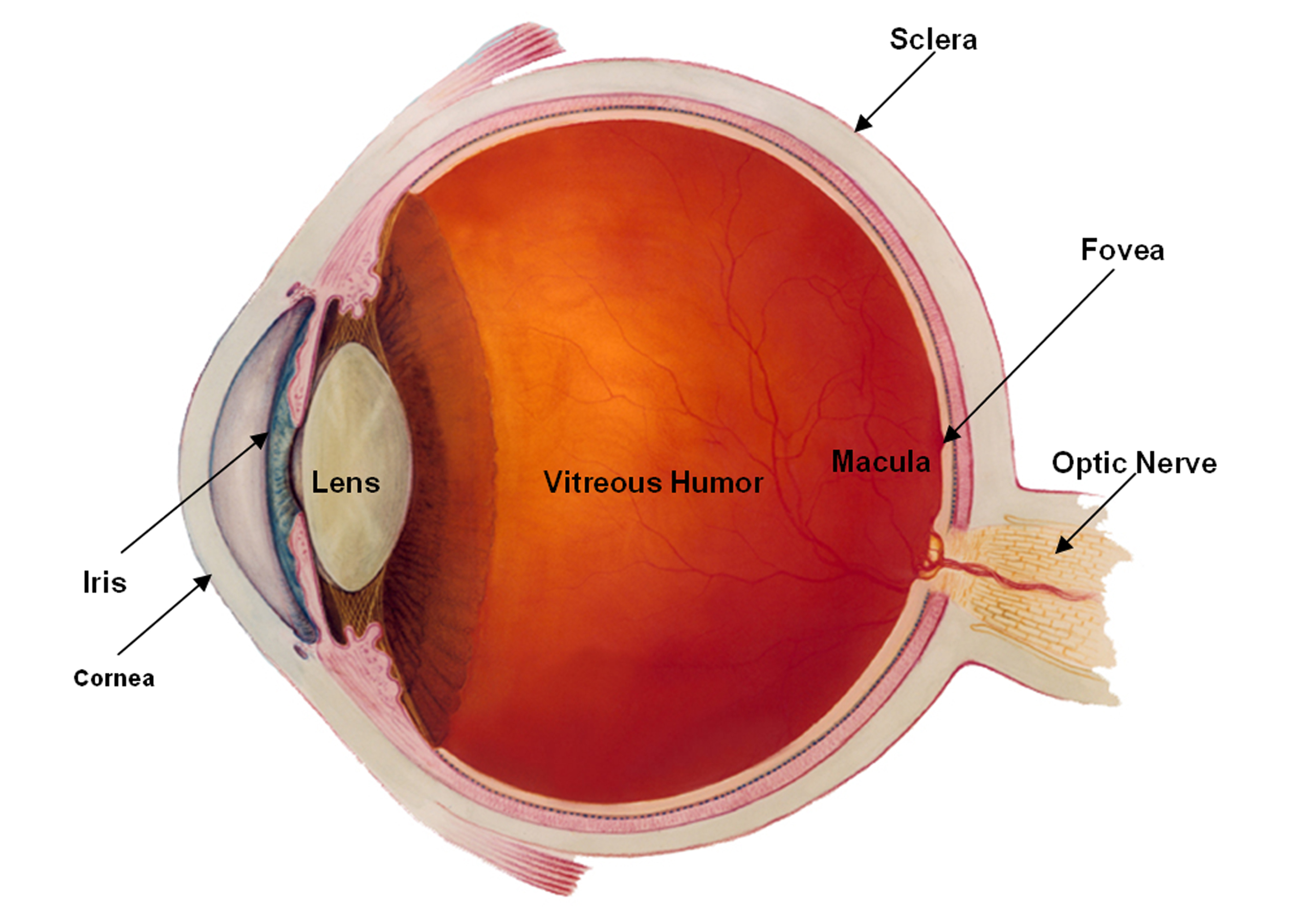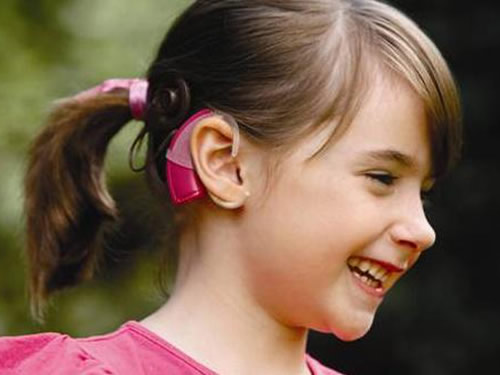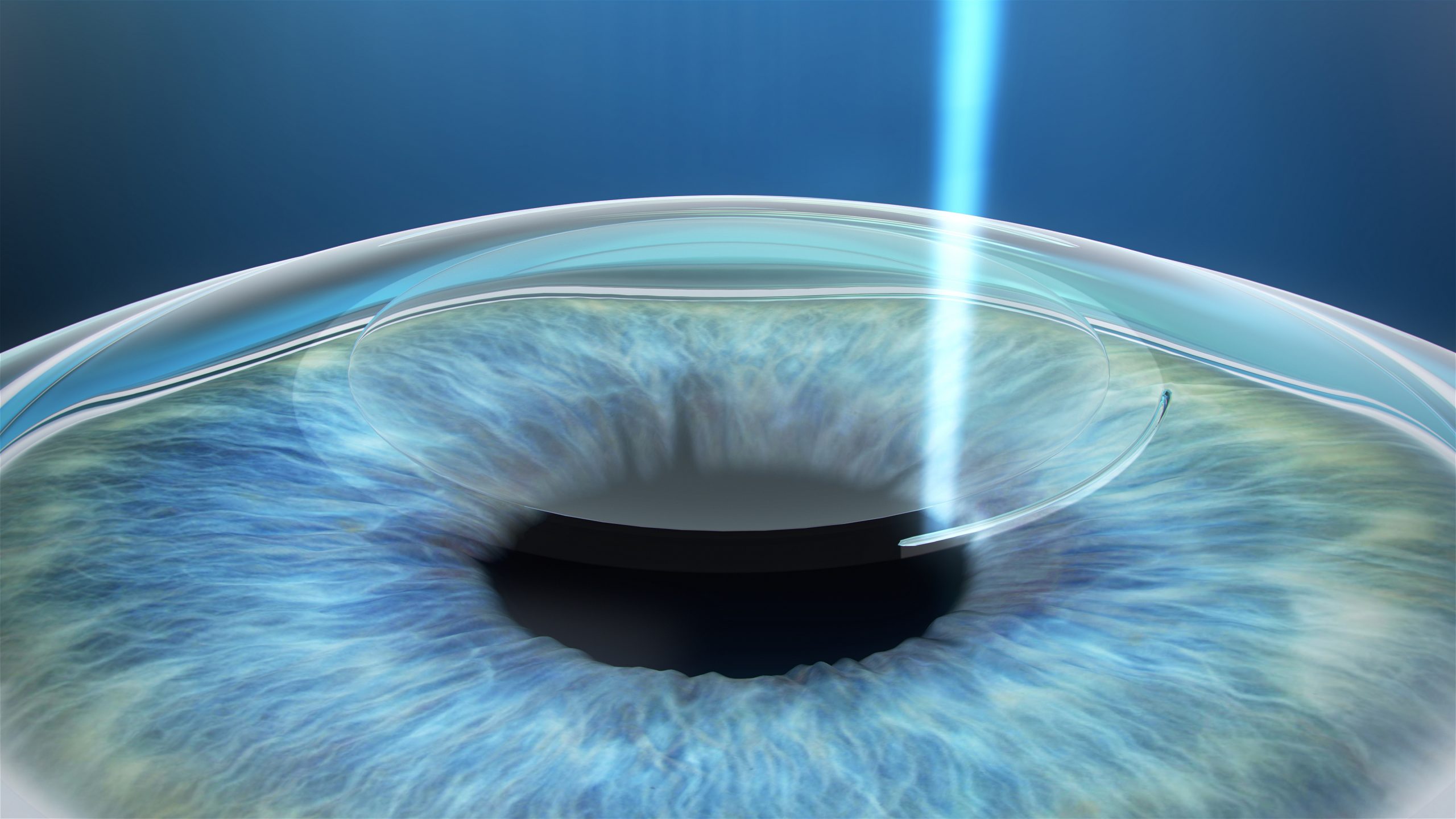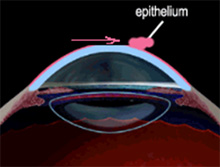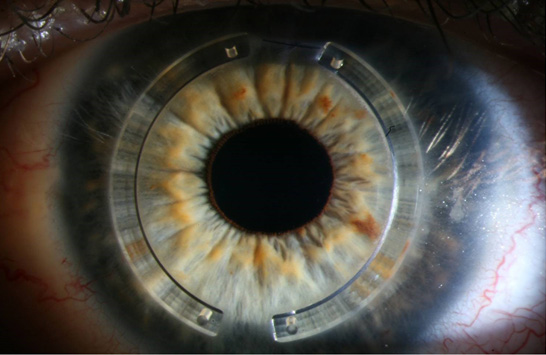Your child with a hearing loss can succeed – in school, in work, and in life! It is important to keep this as your focus, whatever your child’s age or degree of hearing loss. While you will have the support of many professionals, ultimately you as parents will make many decisions about what is in the best interest of your child. As with all children, there is no magic formula for raising a child with a hearing loss. It helps to maintain a positive attitude, educate yourself about hearing loss, seek out the best resources, and take an active role in your child’s education. Most of all, keep in mind that your child is a child first, and a child with a hearing loss second.
This online booklet is written for parents of children of all ages and all degrees of hearing loss. With so much to cover, the information presented here is only a brief overview, supplemented with a variety of reference and resource materials so you can follow up on subjects more thoroughly. In addition, you are encouraged to join the Alexander Graham Bell Association for the Deaf and Hard of Hearing for access to a huge variety of resources, including educational programs for you and your child, a large inventory of books and other publications, video tapes, conferences, and a national support network.
Will your child have a “normal” life? While some mild-moderate losses can be surgically or medically corrected, most hearing loss is a permanent condition. Thus, your child’s life will have its challenges. However, these challenges sometimes turn into advantages. For example, the ability to work hard and concentrate more, coupled with the routines of audiological and language therapy, frequently produces children who are self-disciplined and focused. Moreover, the outcomes for children with hearing loss have greatly improved in the last two decades due to major advances in technology and emphasis on programs of early detection and early intervention.
Emotional Impact of the Diagnosis: Parents can benefit from counseling and support after the diagnosis of hearing loss. Grief, anger, fear and denial are natural responses for hearing parents to feel when they find out their child has a hearing loss. Their expected “normal” child has a problem and this problem is going to present many challenges. We convey love through our words and tone of voice as well as through hugs and kisses. We soothe a child through the sound of our voice, or by singing a lullaby. We teach children that the objects in their room, their toys, their food, and the people around them all have names. We show children how to pronounce words by our example. We discipline and warn children of danger through words as well as actions.
How are we going to do this now?
Deaf parents of deaf children are not necessarily prone to grief because they are already familiar with living in a world without sound. Deaf parents may feel more comfortable with a child who is deaf, because this seems natural. But this isn’t the case for most hearing parents, who probably know little or nothing about hearing loss and who may never have known a child with a hearing loss. Many deaf parents will teach their child sign language as naturally as hearing parents unconsciously teach their child to speak. But hearing parents must commit themselves to the goal of helping their child listen and speak in order to participate fully in a hearing world, or the equally arduous task of becoming fluent in sign language and learning about Deaf culture.
Grief is a common emotion and an honest expression of disappointment and fear of the unknown. Grief that is not acknowledged or dealt with can lead to denial of a child’s problem, which in turn can lead to procrastination in taking constructive action. Unacknowledged grief can lead to unfocused and displaced anger on the part of parents which can last a lifetime. Acknowledging grief, painful as it may be, will clear away anger and denial, allowing parents to most effectively nurture their child.
What is Early Detection, and why is it important?
Early detection simply means discovering a hearing loss at a very early age – hopefully in the first few days of life. Advances in research and technology have created the means for this to happen. Previously, children’s hearing could only be tested by observing a child’s behavioral responses to sounds. Today’s automated hearing-screening machines do all of the work, so even a sleeping baby’s hearing can be measured. Many hospitals now screen a newborn’s hearing before he/she is discharged from the hospital. (The sidebar describes the types of hearing tests used with infants and young children.)
These early exams are referred to as “screenings” rather than “tests”, because their results are not definitive. They can only screen out those babies who are likely to have a hearing loss from those likely not to have a hearing loss. If an initial screening comes back “positive”, then a second screening and follow-up testing are performed to confirm whether a hearing loss is present and, if so, the type and nature of the loss.
In the hospital, nurses, aides, or other hospital personnel may do the screening, but the test interpretation and follow-up evaluation should be performed by an audiologist (i.e., someone with an advanced degree and appropriate license/certification in evaluating hearing). If a hearing loss is suspected, your pediatrician should refer your child to an ear, nose and throat doctor (otolaryngologist), to rule out any cause of hearing loss which could be medically or surgically corrected. Some parents also decide to seek genetic counseling because, of the many causes of hearing loss, some are hereditary. You may want to know whether you or your spouse carry a gene for hearing loss, or whether the hearing loss is part of a “syndrome” (cluster of symptoms), which may cause related medical problems.
The next step after the diagnosis is to find an audiologist whom you feel comfortable with, and who you feel confident will help you manage your child’s hearing loss. It is entirely within your rights to “shop” for an audiologist by scheduling initial meetings with several practitioners. You can locate audiologists in your area by asking for referrals from your pediatrician and/or otolaryngologist, as well as by asking other parents of children with hearing loss who they use. When seeking an audiologist for your child, inquire whether your practitioner has experience working with pediatric patients and be sure to observe during your initial visits his/her level of rapport with your child. The American-Speech-Language-Hearing Association (ASHA) can refer you to an audiologist in your area via their Consumer Helpline (800-638-8255).
How Young Children’s Hearing is Screened and Evaluated
Newborns and infants can be tested without their cooperation. There are two commonly used measures-both can be performed on a sleeping infant-that require no response from your baby and are not painful or uncomfortable.
ABR (Automated Brain Stem Response): Sounds are presented through earphones while the baby rests quietly or sleeps. Brainstem responses to sound are measured through small electrodes, which are taped on the baby’s head. These responses are processed by a computer.
OAE (Otoacoustic Emissions): A small probe tip is inserted into the baby’s ear canal. It measures the function of the inner ear, or cochlea.
Behavioral Testing: These types of tests are used when children are old enough to turn their head in response to sound, or play a game. These tests measure the quietest sounds your child can hear, your child’s ability to understand words, and whether fluid or some other obstruction is present in the middle ear.
Acoustical Impedance tests can be administered to children of all ages and can help identify middle ear problems (e.g., presence of fluid and status of eardrum) through a non-invasive and computerized technique.

